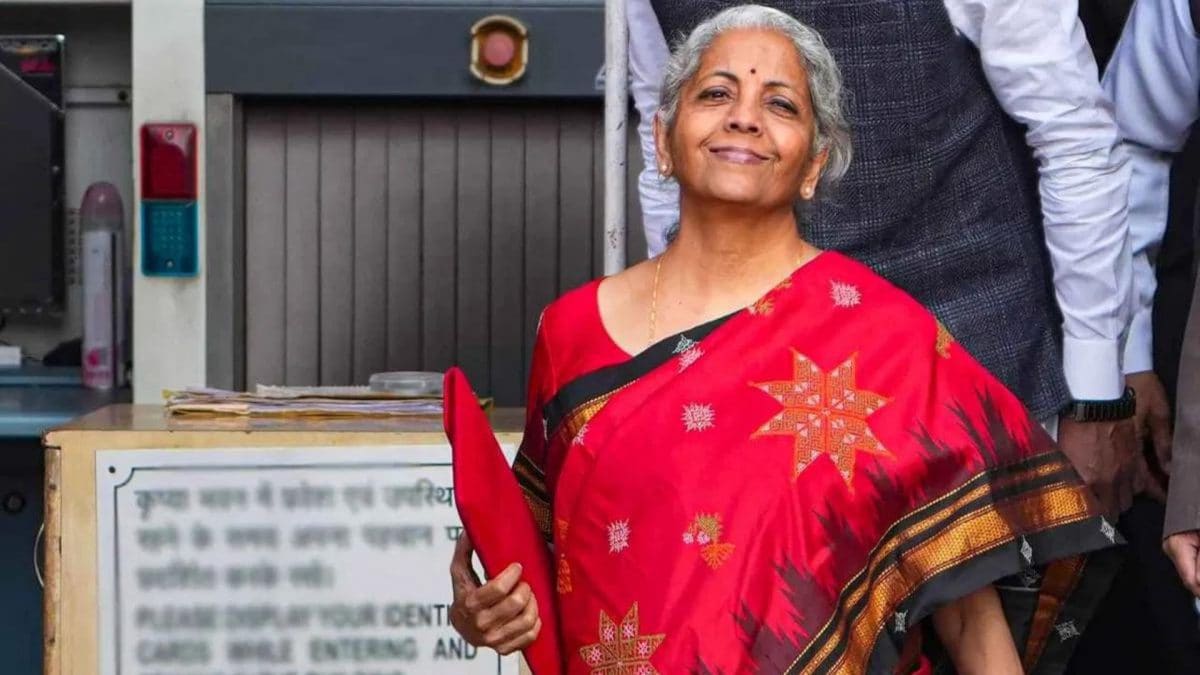Financial literacy remains a critical issue in India’s Tier-2 and Tier-3 cities, posing a significant hurdle to economic empowerment. A recent SEBI study shows that just 27 per cent of India’s population is considered financially literate. This sobering statistic highlights a clear need for focused efforts to enhance financial education, particularly as India prepares its 2024 budget.
The upcoming budget presents a golden opportunity to address the imbalance between major metros and smaller cities regarding financial knowledge and access. We must understand that true financial inclusion goes beyond basic banking access. It requires a comprehensive approach to empower individuals with the skills to budget, save, and navigate the formal financial system.

Current challenges One of the biggest reasons people in Tier-2 and Tier-3 cities face significant hurdles in achieving financial literacy is limited access to formal banking institutions, which forces many to rely on riskier informal lending channels. This, coupled with a general lack of awareness about financial products, creates vulnerability, making it difficult for families to plan for long-term goals or weather financial emergencies. How we can leverage Budget 2024 The 2024 budget can make a lasting impact by allocating funds, specifically for financial literacy initiatives in smaller cities.
One key area for investment is enhancing the role of Business Correspondents (BCs) as financial educators. With proper training and support, these local agents could become powerful allies in spreading financial knowledge. Developing digital initiatives, such as targeted apps and online courses in local languages, is another mindful strategy.
These efforts should be complemented by creating financial products tailored to the realities of Tier-2 and Tier-3 life, including considerations for irregular income patterns. Lastly, addressing cultural barriers, particularly in empowering women financially, must also be a priority. A collaborative approach Driving financial literacy will require coordination between government agencies, financial institutions, NGOs, and local communities.
The private sector, including banks and fintech companies, should be incentivised to create suitable products like microinsurance and flexible savings plans. This collaborative approach ensures that efforts are comprehensive and reach all segments of the population. Budget priorities Specific budget allocations could fund a variety of initiatives to boost financial literacy.
For instance, training programmes for BCs focused on financial education would create a network of knowledgeable local resources. Development of multilingual, culturally relevant literacy materials would ensure that information is accessible and relatable. Grants for innovative fintech solutions could spur technological advances tailored to smaller city needs.
Expansion of digital infrastructure is crucial to supporting these initiatives, as is providing incentives for banks to increase their presence in Tier-2 and Tier-3 cities. While critics might view financial literacy initiatives as a luxury, they are in fact a smart economic investment. A financially literate population is more resilient to economic shocks, more likely to save and invest productively, and better equipped to participate in the formal economy.
This translates to increased tax revenue, reduced reliance on government subsidies, and a more robust economic foundation for the entire country. Challenges ahead Implementing these initiatives will not be easy. Challenges will exist, such as overcoming ingrained financial habits, navigating linguistic diversity, and ensuring consistent implementation across vast areas.
However, the potential rewards far outweigh these problems. With careful planning and dedicated resources, these challenges can be addressed effectively. A call for action Budget 2024 should prioritise financial literacy and inclusion in Tier-2 and Tier-3 cities.
When people have access to knowledge and tools to manage their finances well, it can lead to significant economic growth at the grassroots level. Now is the time to invest in this financial revolution, and the upcoming budget is the ideal opportunity to set the stage for a more financially inclusive future. The author is Chairman of BLS E-Services.
Views expressed in the above piece are personal and solely that of the author. They do not necessarily reflect Firstpost’s views..



















